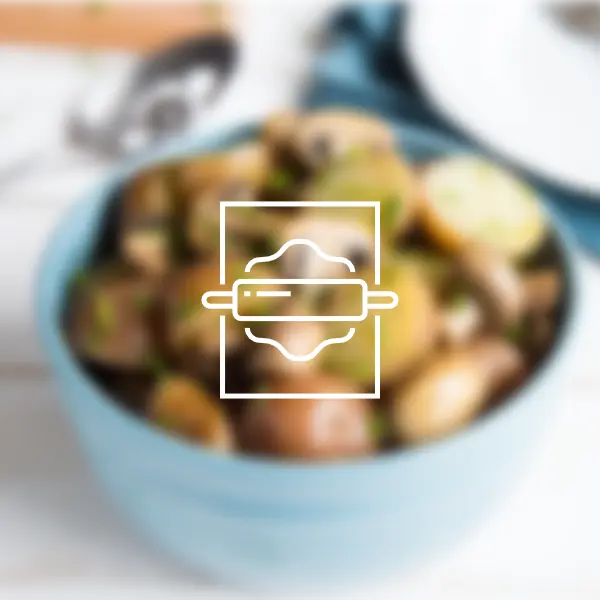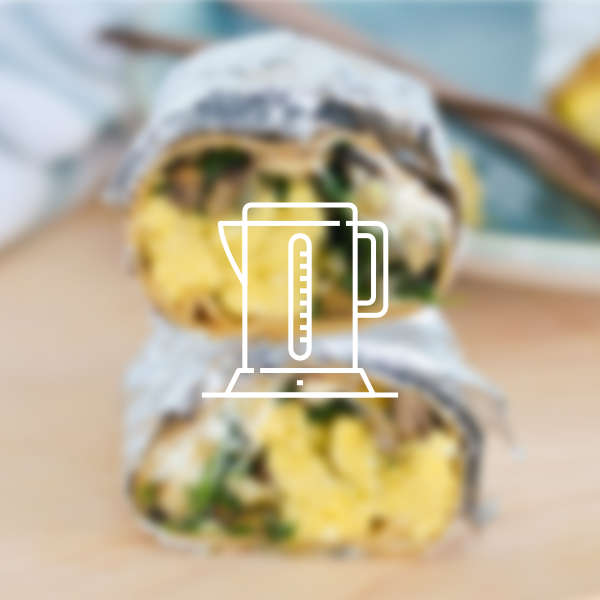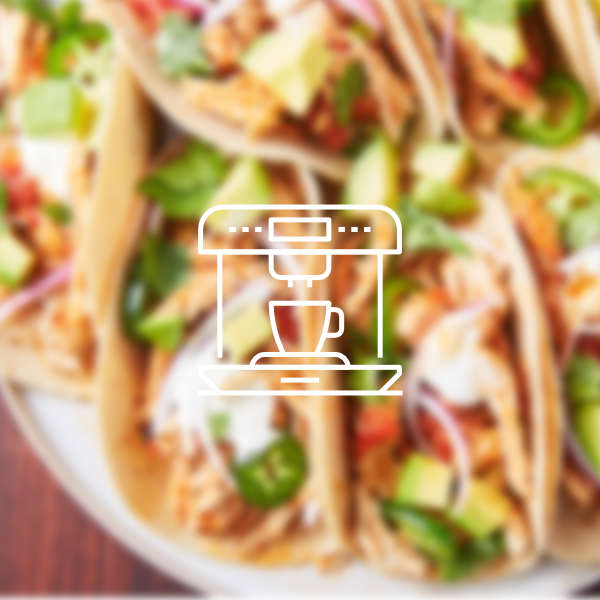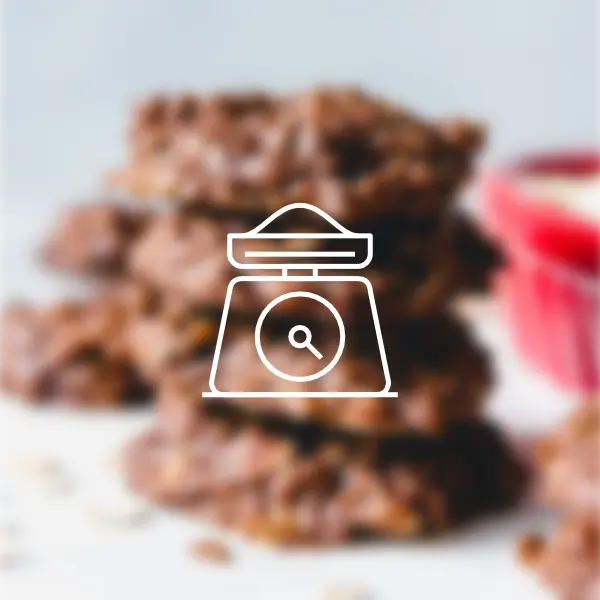Bell-pepper/29 recipes
by ingredients, cooking time, nutrition facts, collections
19,235 BELL-PEPPER/29 recipes

Low in fat, butternut squash contains significant amounts of dietary fiber, making it an exceptionally heart-friendly choice. It also contains potassium, important for bone health, and vitamin B6, essential for the proper functioning of both the nervous and immune systems. Importantly, the squash is very rich in beta-carotene (which your body automatically converts to vitamin A), which has been shown to protect against breast cancer and age-related macular degeneration, among other health benefits. If that was not enough, a single cup serving provides nearly 50% of the daily recommended dose of vitamin C.

A great companion to mashed potatoes and rice, this scrumptious dish is quick and easy to make.

Spinach Mousse recipe

For meat lovers only, this succulent and scrumptious casserole is sure to satisfy your hunger!

Scrumptious and delicious

This is a delicious frittata which can be had as a healthy breakfast or lunch.

A quick and easy marinated fish that can use any type of fish.

Oysters Fitzpatrick recipe

Wonderfully fresh kale salad that is so good, even my father enjoyed it-- which is saying A LOT.

Best use of creamed corn

Choose wild salmon to reap the health benefits of this fatty fish. Wild salmon is easily identifiable as its flesh is bright red and contains very little fat (very thin white stripes in the flesh). Since wild salmon swim in the wild eating what nature intended them to eat, their nutritional profile is more complete. Farmed salmon, by comparison, are fed an unnatural diet of soy and corn (never found naturally growing in the ocean!) along with chicken and feather meal. This unnatural diet means that the nutritional content of farmed salmon is markedly different from the wild variety. In particular, its omega-3 fatty acid content is much lower. Farmed salmon also contain a lot more fat (since they can't swim around as freely) and are often carriers of toxic viruses.




